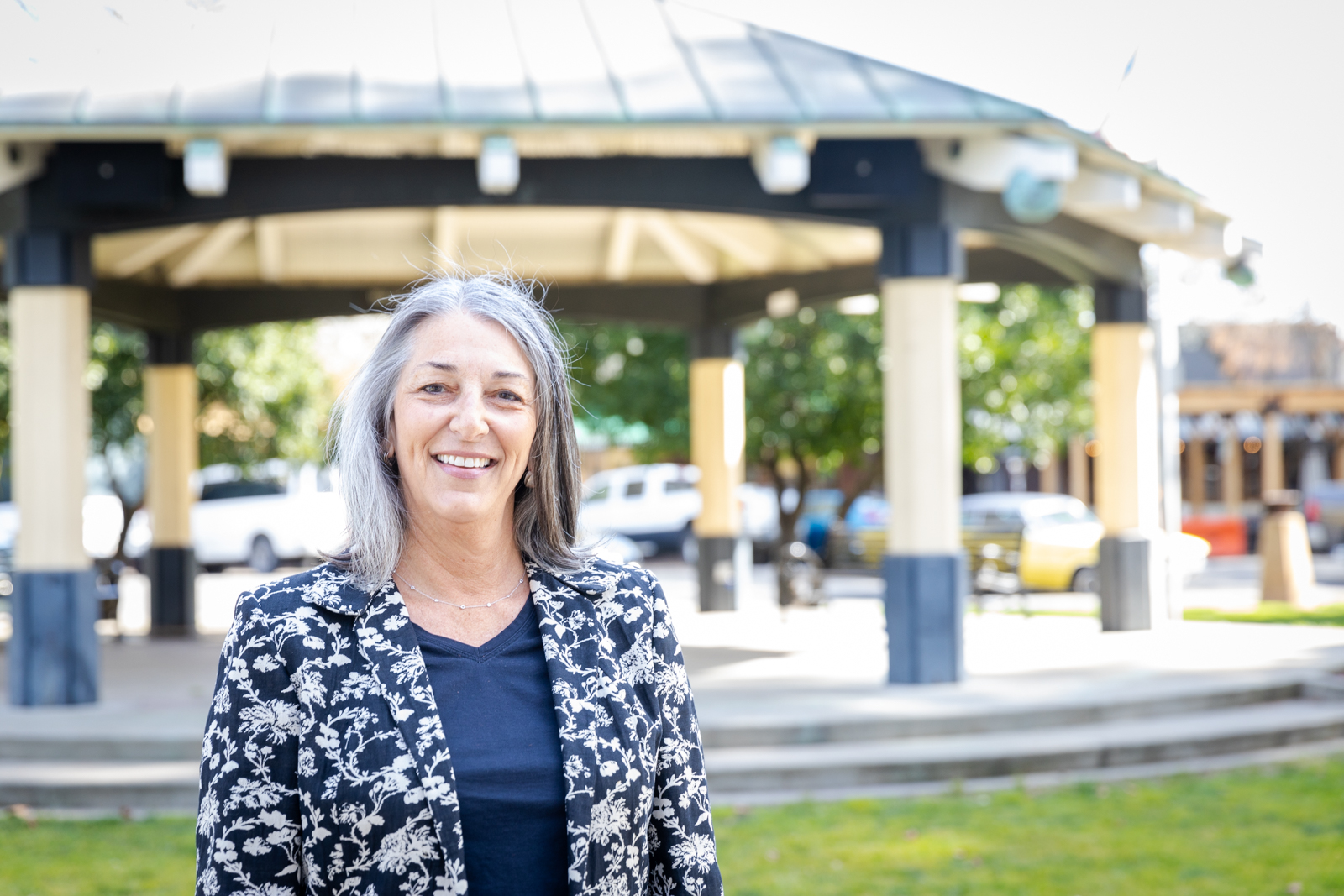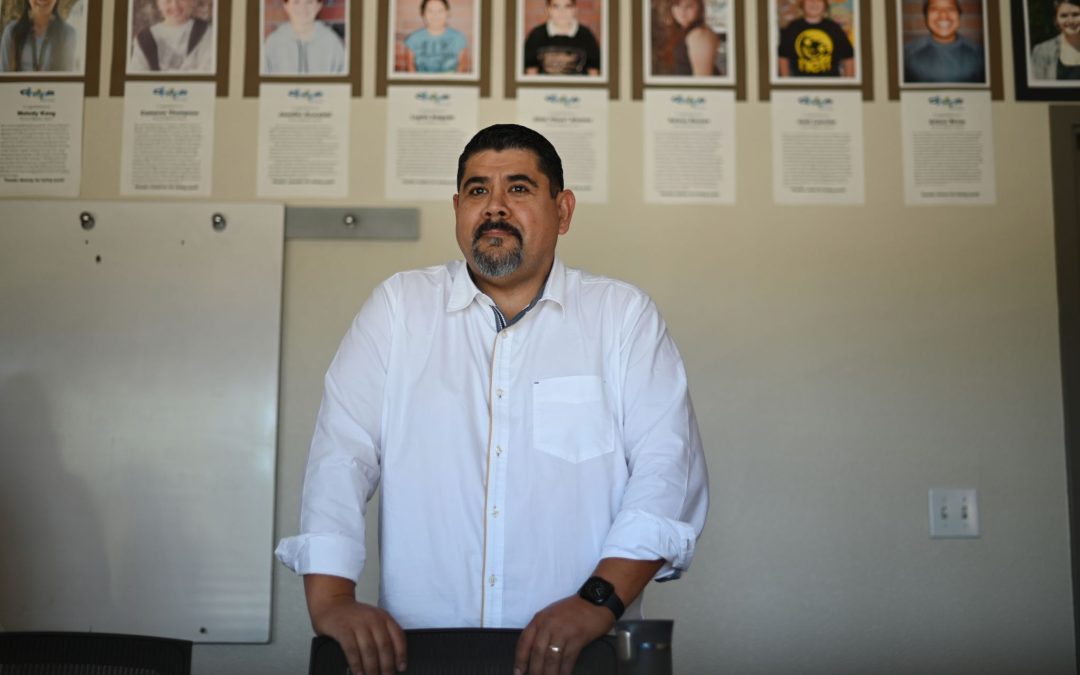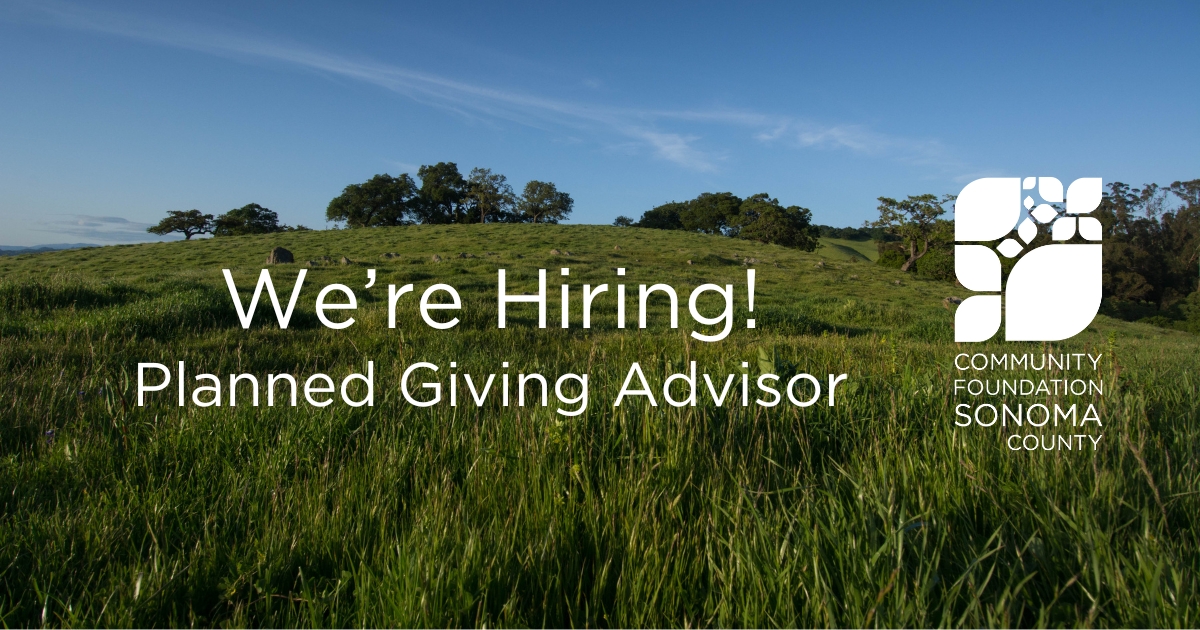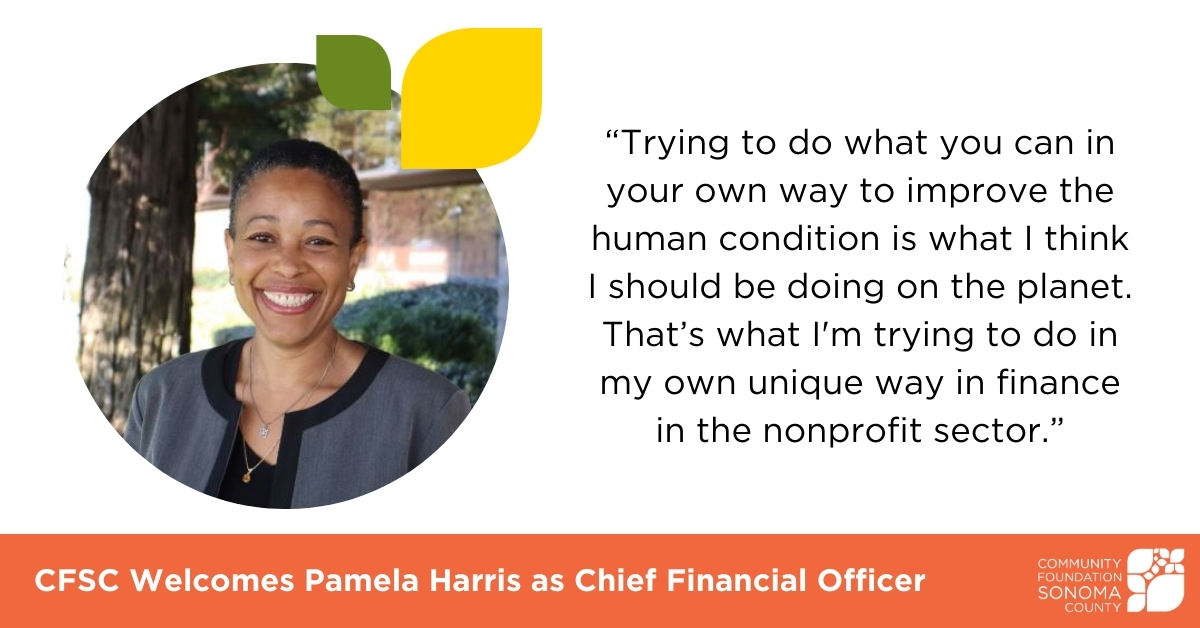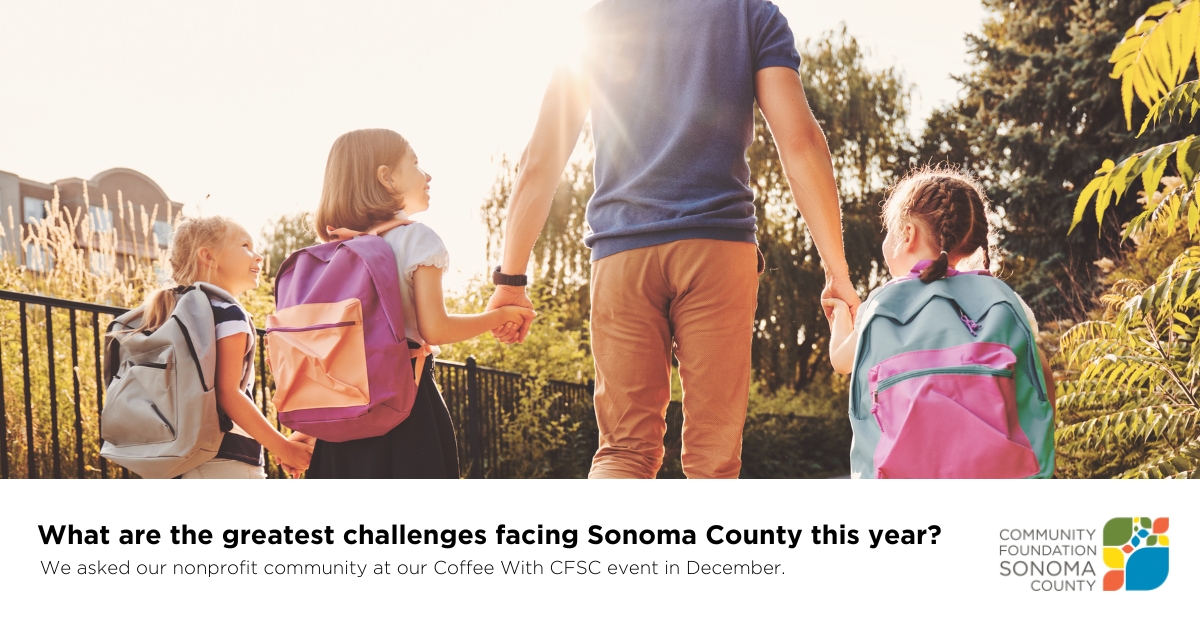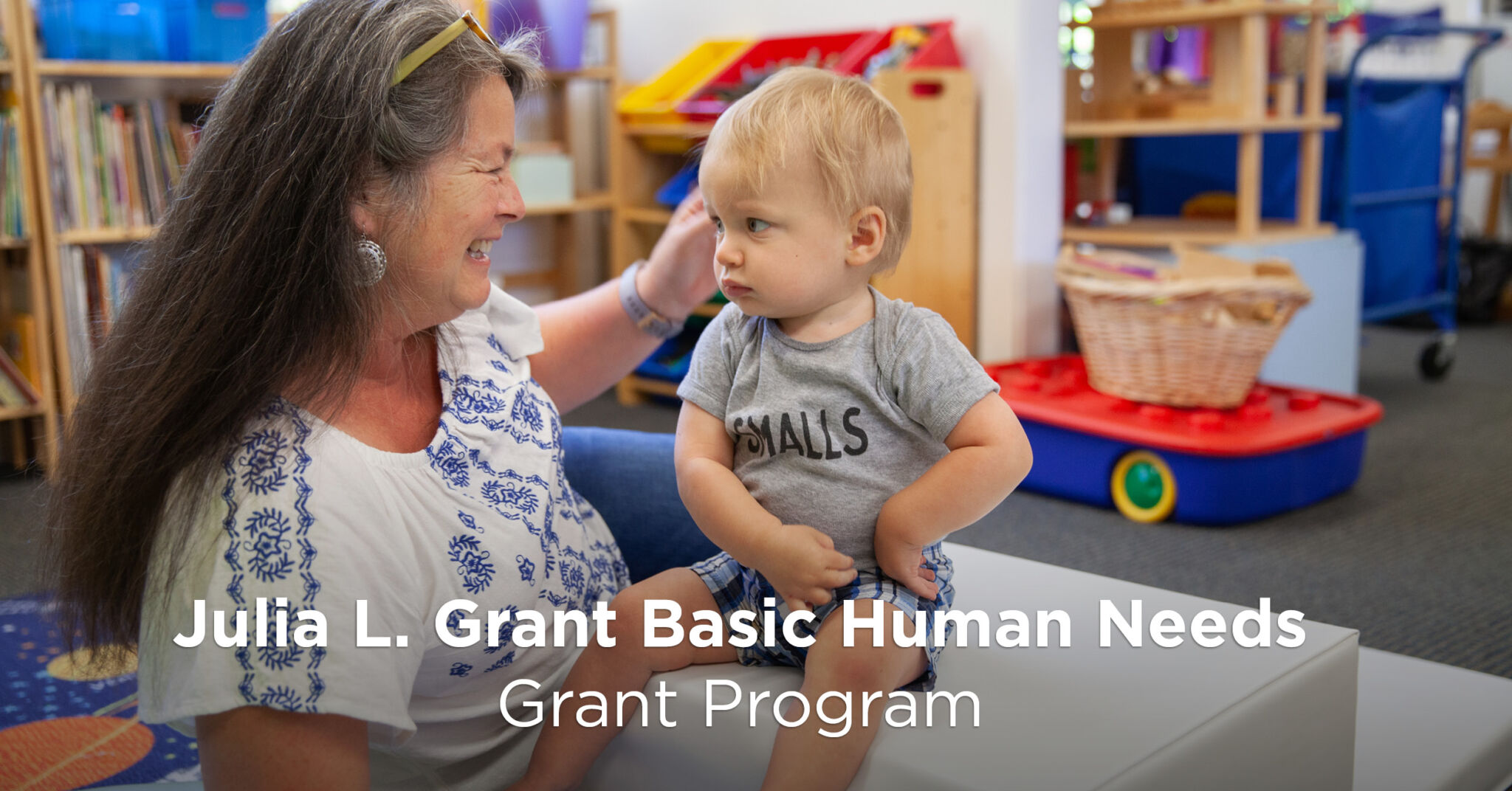During the last stretch of her thirty-year career as a self-proclaimed “international workaholic,” Taya Levine left her then home base of Arlington, Virginia and made her way west to Sonoma County. Born and raised in Fremont, California—which was then an agricultural town that she remembers as being ribboned with gladiola and cabbage fields, farm stands, and an apricot orchard behind her childhood home—Levine had big ambitions for herself from early on. Inspired by an upbringing in which her family modeled the importance of community and civic engagement, she wanted to become the first woman president when she graduated high school.
“So I went off to get a political science degree, and I hated everything about it. And I did an internship on Capitol Hill, and I hated everything about that,” says Levine. “But what I found out, because I worked for the Congressman from my home area, was that I loved working in the district office, helping people get their social security checks and veterans checks and doing the social work side; [doing] what congressional constituency service can be.”
After working in the Congressman’s district office for a few years, at twenty-one, Levine was asked to move to Washington DC to fill an opening in the Congressman’s DC office. Soon after she returned to school, earning a Master’s Degree in Organization Development, and found her calling helping groups and systems thrive.
“I ended up getting hired immediately out of grad school by a firm that focused on international development,” she says.
The firm that hired her was founded by a group of returned Peace Corps Volunteers, who Levine says wanted to keep contributing to the developing world. She soon found herself with a “very long commute,” providing services to several federal agencies focusing on international development in over 100 countries.
Discovering Sonoma County
After one of many visits with a Forestville-based cousin in 2005, Levine felt something shift and began wondering what was next when her cousin offered her living space on his property.
“This switch got flipped in me that I didn’t even know was there,” she says.
Soon after, Levine took a year’s sabbatical from her firm and traveled the country, visiting loved ones and places she had longed to see. The last leg of her journey took her to the Pacific Northwest. As she drove south into Sonoma County, the shift she first felt a year before had settled. She knew she belonged here.
Levine returned briefly to her firm and continued working internationally until deciding to end that career in December 2020. The past several months are the first in her adult life that she’s been still—and with COVID’s prohibition on travel on top of that, the longest she’s gone without being on an airplane.
The stillness has allowed for her to continue volunteering in the Healdsburg community, which she first began fifteen years ago. In her early days in Sonoma County she began volunteering, offering to those she met: “I’m here and available, what can I do to use my gifts and talents for the good of all concerned?”
Finding Healdsburg Forever
“When I learned about Healdsburg Forever, our community’s endowment fund, and CFSC, I didn’t know anything about how philanthropy worked or what Community Foundations were. The then-board chair of what was the Healdsburg Area Fund (precursor to the currently named Healdsburg Forever) enticed me to participate as a community member on the Grants Committee,” she says. “That experience exposed me to all parts of this “new” hometown – I got to know a range of community needs, different slices of who is Healdsburg, and an appreciation for the impact of a caring community.”
Levine served as a Healdsburg Forever board member for a decade and says that one of the things that drew her to the organization—and a reason she chose them for her Legacy Giving—is their commitment to staying nimble and responding to community needs as they arise.
“It was just an extraordinary period of time to be involved; I enjoyed everything about it. The people were amazing. The work we were able to do was great,” she says. “We had wonderful, wonderful support from Community Foundation, which we affectionately called the Mothership.”
Pledging Support Through Legacy Giving
With her Legacy Gift—a pledge to support the Healdsburg Forever endowment in her estate plan—she knows resources will be responsibly dispersed to support community wellbeing, whatever those future needs may be.
Levine recognizes the interconnectedness of causes in a smaller region like Healdsburg and sees each cause as a part of the local system, choosing not to support one cause at the expense of another.
“You can’t love partially, you can’t eliminate needs partially, things aren’t whole when you do that,” she says.
Levine sees Healdsburg Forever as a social safety net, as an insurance policy for community wellbeing. That the funds she gives through the Legacy Giving are not earmarked for one specific cause is something that really appeals to her.
Another aspect of Levine’s decision to leave a Legacy Gift to Healdsburg Forever is more personal. As a single woman with no dependents, Levine says a big concern is that those who are left behind when she dies are not burdened with the closeout of her financial life.
“My father died when I was 35, and I was deeply imprinted by the experience of taking him off life support at six a.m. and driving directly to a mortuary to arrange for burial and all its trappings,” she says. “I had assumed because my mother, in particular, was an organizing maven that my parents would have had some arrangements in place – my father was 75 at the time – but no.”
Levine says the system loved ones must navigate while grieving is extremely burdensome. She is committed to sparing her loved ones of the complexity and extra work by ensuring she has taken care of things long before she’s gone.
A Deep Commitment to the Community
“I do feel like legacy giving is a way of making a gift to those you love and care about who will be responsible when you’re not there, and to the community that has upheld, supported, and enriched you. That reciprocity really is at the core of it for me,” she says.
“It’s just not okay to inhabit a place and not help it thrive. When you think about what legacy is, whatever I have been able to do or be on this planet during my physical lifetime, if that can carry on in some way and continue to enrich others, why not? I can’t think of anything better to do than leave all that loving intention behind that way.”
As she settles into a life with far less travel, and more time to contemplate what she envisions for the future, Levine says she feels as though she’s holding a paradox with her Legacy Giving. On the one hand, she feels strongly about leaving a generous and helpful contribution so the Healdsburg community can sustain any further crises after she’s gone. On the other, she feels that nonprofits should be working their way out of existence, of finding a way to support communities into self-reliance so that there is eventually no longer a need for nonprofit organizations.
“It’s a bigger ticket than we’re probably going to get to in my lifetime,” she says. “But there’s an opportunity now to feel less constrained in our imagination of what’s possible.”
Story by Dani Burlison, Photo by Caitlin Childs

